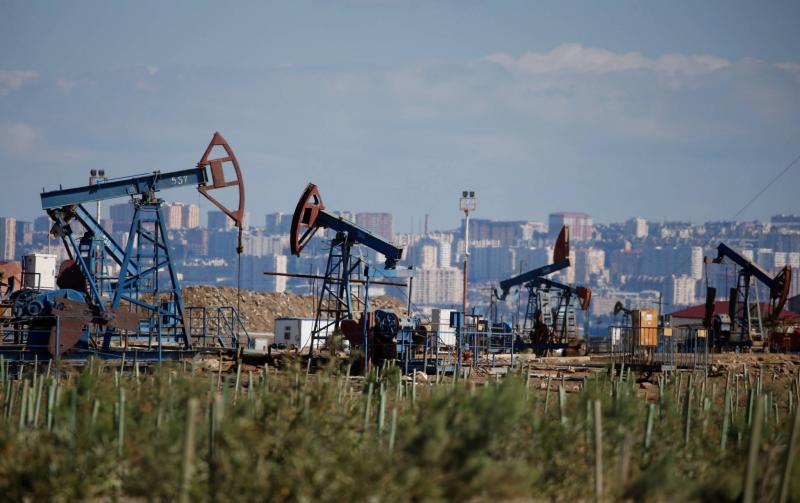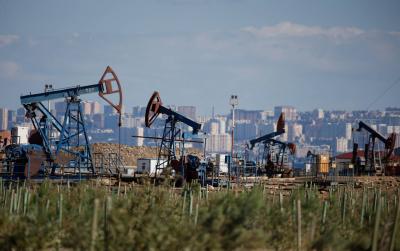Saudi Arabia surprised traders by announcing a voluntary reduction of its oil production by 500,000 barrels per day on Sunday, April 2, starting in May and continuing until the end of the current year. This triggered a domino effect, leading to voluntary production cuts from both within OPEC and outside of it, with eight countries (Russia, Iraq, Kuwait, the UAE, Oman, Algeria, Kazakhstan, Gabon) also reducing their output. The total cut reaches 1.66 million barrels per day.
This announcement truly shocked traders, causing them significant losses from short selling, as they were unable to predict price increases or declines due to the unexpected element introduced by OPEC+. This reduction aligns with OPEC+'s proactive and precautionary principle, without major losses to their market shares. Following OPEC+'s decision to cut production by two million barrels in October 2022, they have now further reduced production by 1.657 million barrels per day amidst market uncertainties, delayed recovery in Chinese demand, economic recession fears, ongoing Federal Reserve interest rate hikes, the current banking crisis, and the Biden administration's retraction on refilling the strategic reserve.
As a result, oil prices fell last month, with Brent dropping below $80 and West Texas below $70, marking the lowest levels in 15 months. The downward trend was already apparent in paper markets and futures trading before OPEC+'s production cut, where traders altering their short positions outweighed long positions due to financial crisis concerns. Hedge funds began reducing their oil and product contracts, selling contracts worth 142 million barrels in the week ending March 21, while adding 139 million barrels the previous week, marking the highest sales over any two weeks since May 2017, according to (ICE and CFTC data).
Upon OPEC's announcement of the production cut, prices jumped at the opening of Asian markets and by the close, Brent prices increased again. However, for the week, prices remained stable, with Brent holding steady despite a decline in U.S. oil inventories. This highlights the importance of OPEC+'s decision on production cuts and rebalancing the oil markets.
The surprise maneuver by OPEC+, led by Saudi Arabia, to cut production just before the ministerial monitoring committee meeting the next day caused significant losses for traders that they will not easily forget, leaving them uncertain about future market conditions in both the short and long term. Energy Minister Prince Abdulaziz stated, "Those who think they will get a word from me about what we will do next are certainly mistaken... I will ensure that anyone who gambles on this market will regret it." He added, "OPEC+ will take a proactive and precautionary stance in dealing with the challenges of the oil market."




